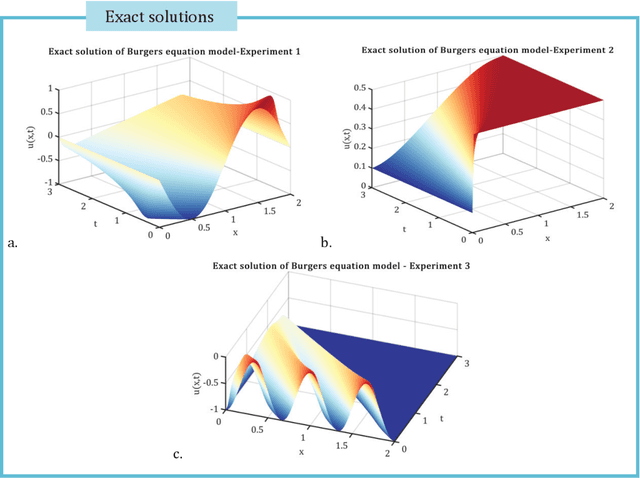Diana Alina Bistrian
Digital Twin Data Modelling by Randomized Orthogonal Decomposition and Deep Learning
Jun 17, 2022



Abstract:A digital twin is a surrogate model that has the main feature to mirror the original process behavior. Associating the dynamical process with a digital twin model of reduced complexity has the significant advantage to map the dynamics with high accuracy and reduced costs in CPU time and hardware to timescales over which that suffers significantly changes and so it is difficult to explore. This paper introduces a new framework for creating efficient digital twin models of fluid flows. We introduce a novel algorithm that combines the advantages of Krylov based dynamic mode decomposition with proper orthogonal decomposition and outperforms the selection of the most influential modes. We prove that randomized orthogonal decomposition algorithm provides several advantages over SVD empirical orthogonal decomposition methods and mitigates the projection error formulating a multiobjective optimization problem.We involve the state-of-the-art artificial intelligence Deep Learning (DL) to perform a real-time adaptive calibration of the digital twin model, with increasing fidelity. The output is a high-fidelity DIGITAL TWIN DATA MODEL of the fluid flow dynamics, with the advantage of a reduced complexity. The new modelling tools are investigated in the numerical simulation of three wave phenomena with increasing complexity. We show that the outputs are consistent with the original source data.We perform a thorough assessment of the performance of the new digital twin data models, in terms of numerical accuracy and computational efficiency, including a time simulation response feature study.
 Add to Chrome
Add to Chrome Add to Firefox
Add to Firefox Add to Edge
Add to Edge